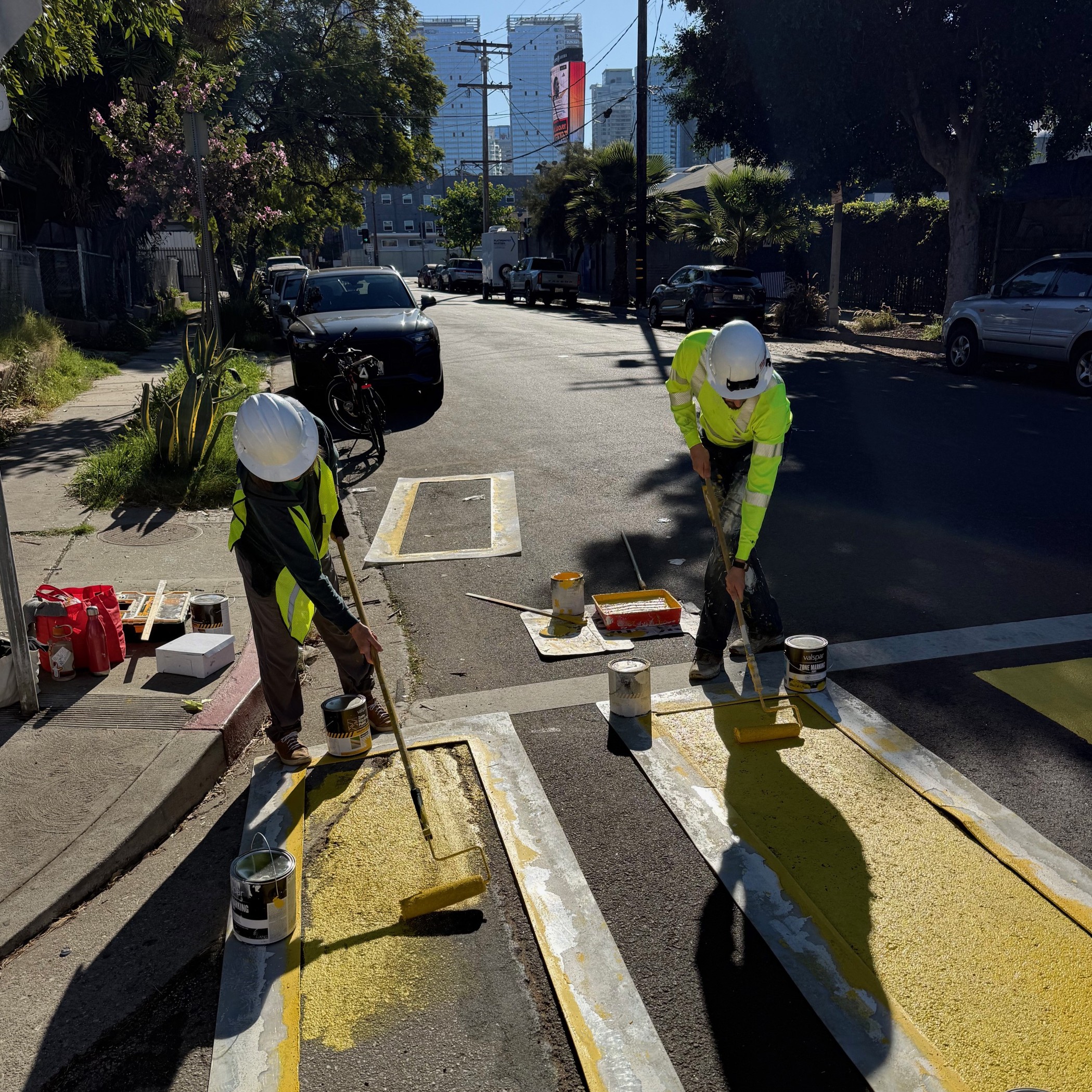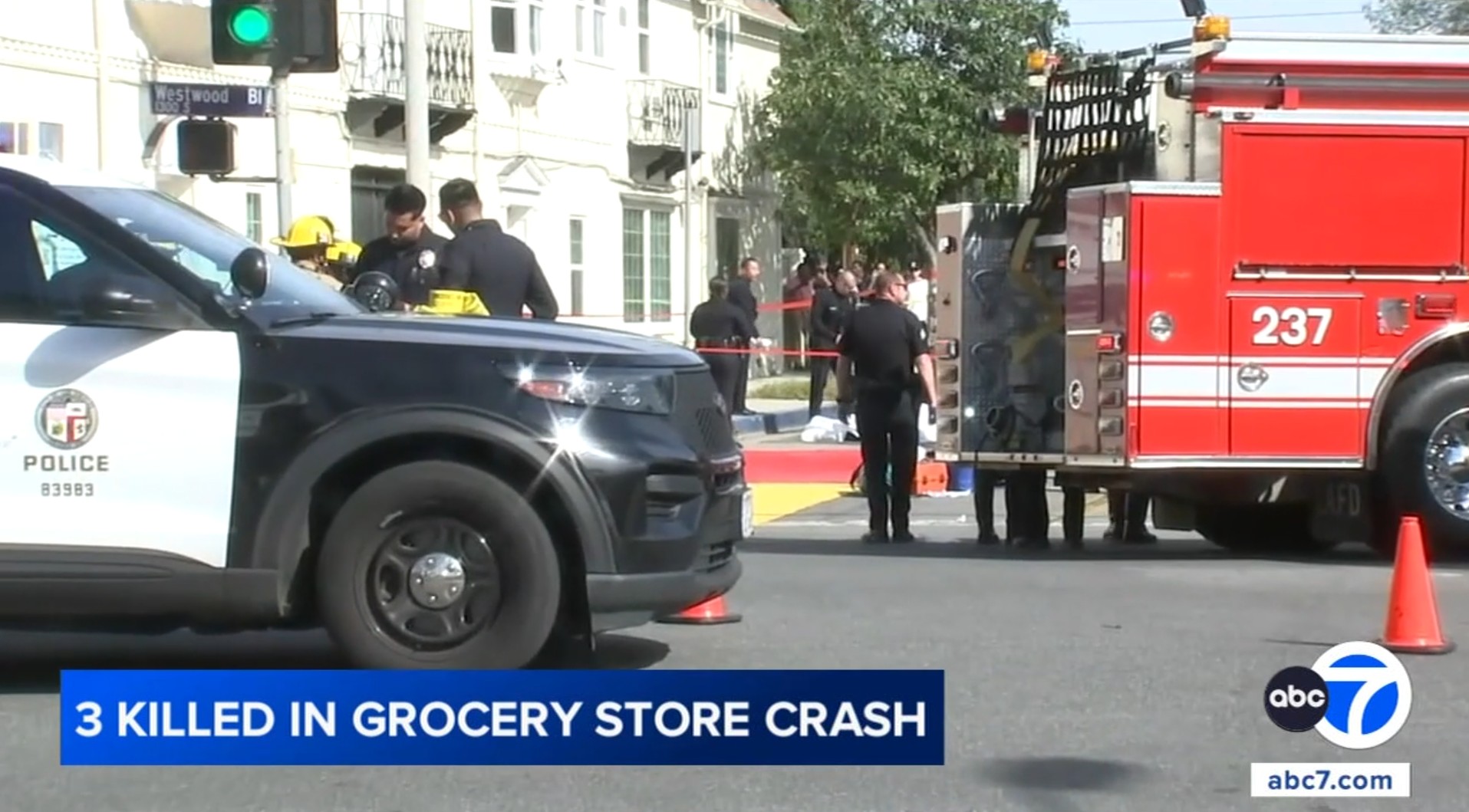When the federal gas tax was set at 18.4 cents per gallon, it represented 17 percent of the cost of a gallon of gas. Now it's barely 5 percent.
That was 20 years ago. Some say the answer for today isn't just to raise the gas tax but to re-imagine it. John Horsley, executive director of the American Association of State Highway and Transportation Officials, who retires at the end of this month, made his proposal yesterday at the annual Transportation Research Board conference.
He'd like to see the fixed gas tax replaced with a percentage sales tax on fuels. He said such a move could avert a looming "transportation fiscal cliff." An AASHTO press release explains:
Under Horsley's proposal, sales tax rates on fuels would be set at a level that restores solvency to the Highway Trust Fund. The fund is currently spending $15 billion more annually than the revenues it receives. The change would support spending on highways and transit over the next six years at $350 billion. If the program were limited to expected excise tax revenues, it would have to be cut to $236 billion.
Horsley didn't propose a figure for the sales tax percentage. Right now, the price of gas in DC is $3.59 per gallon. If the gas tax went back up to 17 percent, it would be 61 cents a gallon.
Let me be clear: Horsley's idea is much less ridiculous than Virginia Gov. Bob McDonnell's sales tax proposal, which he introduced last week, which would have levied the sales tax to pay for roads on everything but gas. This would still charge drivers at the pump to pay for the transportation network, it would just do it in a way that goes up according to prices, like all sales taxes.
Federal Transit Administration Chief Peter Rogoff warned that sales taxes don't necessarily provide more stability than a flat fee. "In transit-land, sales taxes rise and fall with sufficient amplitudes here that it makes or breaks projects," he told an audience at TRB later the same day that Horsley made his announcement. "I’ve had to slow projects down for fear that local sales taxes were not coming in as quickly as envisioned. Sometimes they come in even more so, and they solve other funding problems. Just because it’s a sales tax doesn’t mean that it’s stable. It’s going to rise and fall with the economy."
That's true, but I bet planners would be happy to hedge against the difference between 55 and 65 cents a gallon, rather than starve with 18.4.
Sen. Barbara Boxer has suggested indexing the gas tax to inflation, not to the price of gas. That would cause the tax to rise slowly and imperceptibly, but still do a somewhat better job keeping pace with the needs than the current system.
"It’s no secret [funding] is the elephant in the room, and the gorilla in the room," said U.S. DOT Assistant Secretary Polly Trottenberg. "This is a solution we’re going to need to work with Congress on, and Congress right now is bitterly divided on this question."
Secretary Ray LaHood has said working out a solution to the transportation funding shortfall is his top priority.







